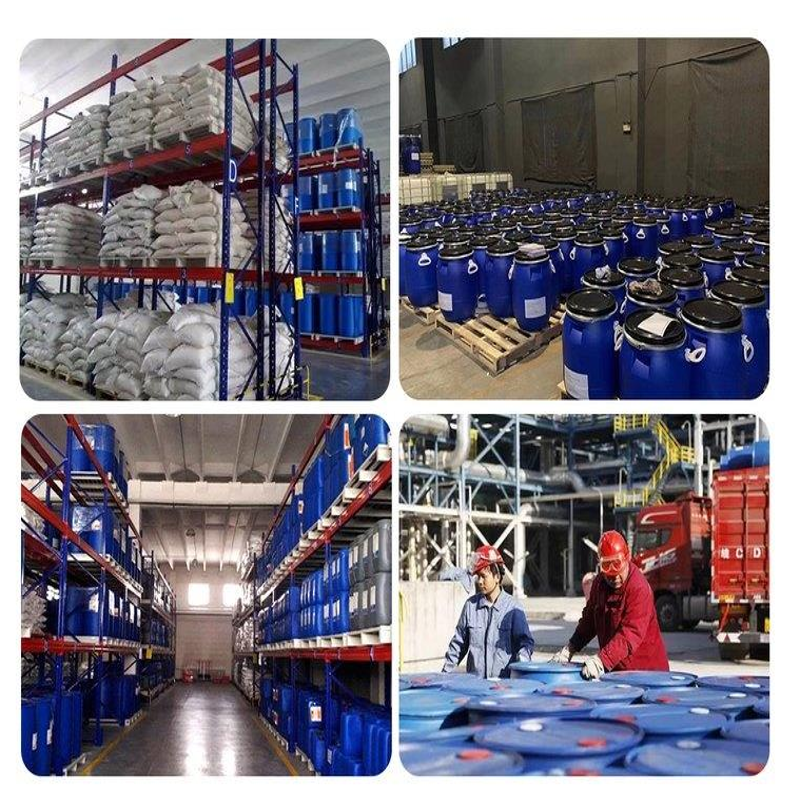-
Categories
-
Pharmaceutical Intermediates
-
Active Pharmaceutical Ingredients
-
Food Additives
- Industrial Coatings
- Agrochemicals
- Dyes and Pigments
- Surfactant
- Flavors and Fragrances
- Chemical Reagents
- Catalyst and Auxiliary
- Natural Products
- Inorganic Chemistry
-
Organic Chemistry
-
Biochemical Engineering
- Analytical Chemistry
-
Cosmetic Ingredient
- Water Treatment Chemical
-
Pharmaceutical Intermediates
Promotion
ECHEMI Mall
Wholesale
Weekly Price
Exhibition
News
-
Trade Service
The White House issued a statement on its website on March 8, local time, saying that US President Joe Biden officially signed an executive order
prohibiting the US from importing energy from Russia.
The statement details the contents of the executive order, including:
ban on imports of Russian crude oil and certain petroleum products, liquefied natural gas and coal;
Ban new U.
S.
investment in Russia's energy sector;
Americans are prohibited from funding or supporting investments in energy companies in Russia, among others
.
At the same time, Biden said he will continue to work to ease the pressure on American households due to rising energy prices and reduce the U.
S.
dependence on
foreign oil and fossil fuels.
The U.
S.
government has pledged to release more than 90 million barrels of strategic petroleum reserves
this fiscal year.
The U.
S.
government is also in dialogue with a range of further steps that energy producers and consumers can take to ensure a stable global energy supply
.
U.
S.
officials then added that the U.
S.
government's executive order would immediately block the purchase of new crude oil, liquefied natural gas and coal from Russia and reduce deliveries
already contracted.
The move would ban new U.
S.
investment in Russia's energy sector and prohibit Americans from participating in foreign investment
into Russia's energy sector.
But Biden did not impose restrictions
on domestic oil and gas supply policies.
Bunny Deese, director of the White House National Economic Council, said the United States and its allies are consulting whether more oil needs to be released and the United States will take necessary measures to mitigate the impact of
sanctions.
He believes that the impact of the ban on Russian oil imports announced today will not be long-lasting
.
White House press secretary Jen Psaki said the rise in fuel prices was not the result of
U.
S.
sanctions.
Banning Russian energy imports means banning the signing of new contracts and providing 45 days for the performance of existing contracts
.
She mentioned that some CEOs have said they plan to increase oil production
.
And the United States is close to finalizing the Iran nuclear deal, is studying the final details, and there is currently no shortage of places to drill or access to
oil.
Moody's believes the U.
S.
ban on Russian oil and refined products, as well as other energy imports, will primarily affect U.
S.
refineries
.
According to EIA data, Russian oil accounted for about 3% of
all crude oil cargo that arrived in the United States last year.
Overall, Russian imports of oil and petroleum products account for about 8%
of total U.
S.
imports.
According to intelligence firm Kpler, U.
S.
imports of Russian crude in 2022 have fallen to their lowest annual growth rate
since 2017.
On the same day, the British side said it would phase out imports of Russian oil and petroleum products
by the end of 2022.
Britain says the shift will give markets, businesses and supply chains enough time to replace Russian imports
.
Businesses should use this year to ensure a smooth transition so that consumers are not affected
.
The UK government will also work with businesses through a new oil task force to support them in using this time to find alternative supplies
.
This year will work with other import partners to ensure further supply
.
However, the UK will continue to allow imports of natural gas and coal
from Russia.
British Prime Minister Johnson said everyone could see that we needed to reduce our dependence on Russian oil and gas, even if it was very difficult
for some.
Johnson said:
"We will have a Marshall plan
to rebuild Ukraine.
Banning Russian oil imports is the first step
.
This is a big step
that the world is taking.
”
Johnson also said Britain and allies were determined to continue to provide Ukraine with the weapons it needed for self-defense and would continue to impose sanctions
on Russia.
For the British and American joint efforts to "block" Russian oil, OPEC official table?? So far, the U.
S.
decision to ban the import of Russian oil is "just a notice" and it is too early
to assess the impact on the energy market.
The Russian Embassy said the U.
S.
decision to ban the import of Russian oil would lead to turmoil in the global energy market and have a negative impact on
U.
S.
companies and citizens.
According to the Russian News Agency, after the British and American announced the decision against Russian oil, Russian President Vladimir Putin signed a decree on special economic measures restricting imports and exports to protect Russian security
.
At the same time, Putin instructed the federal government to draw up a list
of products and raw materials that will be banned from exports until December 31.
Russian President Vladimir Putin signed the order banning or restricting trade in goods, according to documents released on Tuesday (March 8), but said the specific list was still to be determined
by the cabinet.
The Kremlin instructed the government to prepare a list
of applicable countries within two days.
Foreign media quoted Putin as saying that "this move is part of special economic measures against sanctions imposed by the United States and other countries.
"
These restrictions may reportedly exempt material
considered for personal use.
After the order, wheat, aluminum and palladium prices soared
.
So far, Russia's retaliatory sanctions have been obscure in addition to restricting currency remittances, including the creation of a list of "unfriendly countries" and the threat of cutting off supplies
to Europe's Nord Stream 1 gas pipeline.







